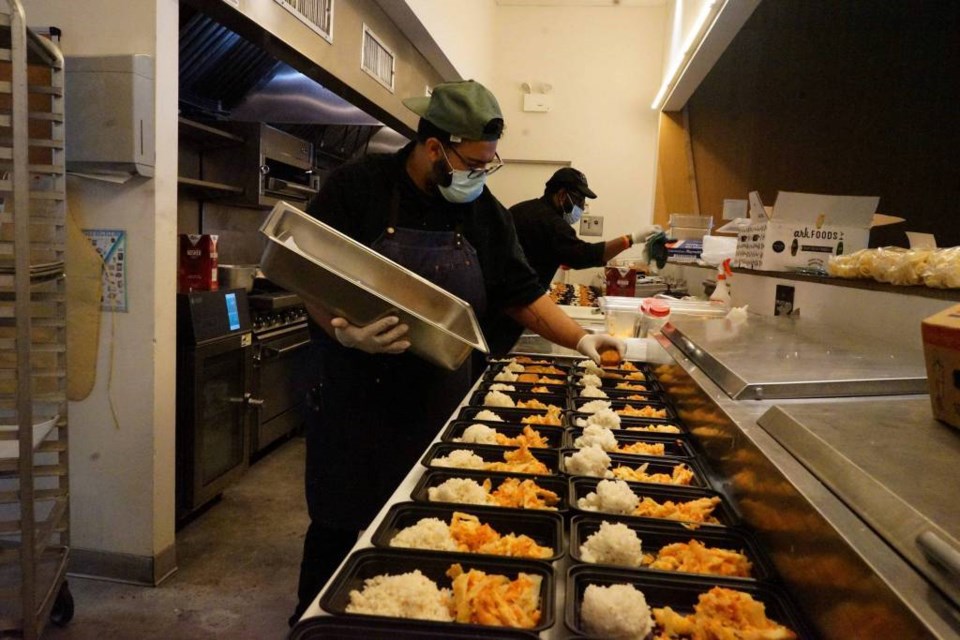Women, people of color and low-income, who are overrepresented in frontline jobs, have borne the brunt of the COVID-19 pandemic and its effects on employment and child care.
The Work and Family Survey, released Monday, found more than half of the 1,200 women surveyed who were caring for children during the pandemic were forced to cut back on paid working hours during the pandemic, compared to only one in three men.
Women of color were more likely than white women to have needed time off to care for a child (36% to 29%), the survey found, and they were less likely to have paid leave available to them.
It also found low-income and part-time workers are far less likely to have access to flexible work arrangements, and are likely to experience retaliation for requesting them, than higher-income or full-time workers, and many are unable to access paid leave.
Responses to the survey mirror national data that show women, especially women of color, are leaving the workforce in record-high numbers.
Stringer said it was up to the City to guarantee support for workers by ensuring everyone — regardless of gender, race and ethnicity, income, or disability — was able to balance protecting their health, caring for their families and earning a steady income.
"No one should have to choose between their job and their own health or the health of their loved ones," he said.
"If we want to tap our city's full economic potential, we must provide protections for New Yorkers who need it the most — including women, low-income workers, and frontline workers who are facing extraordinary caregiving challenges while trying to make ends meet."
The survey found 78% of respondents experienced a change in their employment, work location, or work hours due to the pandemic and 92% across income levels and industries reported they would like to work remotely at least some of the time.
As a result of the survey, Stringer and A Better Balance have recommended the City improve workplace flexibility by ensuring equitable access to affordable child care, expanding the City's existing right-to-request law, strengthening enforcement, outreach, and education for paid leave benefits and enacting robust emergency leave rights.
A Better Balance Co-Founder and Co-President Dina Bakst said it was important to remember mothers in the city, especially mothers of color and low-wage workers, were carrying the greatest and most unequal burden caused by the pandemic.
"They are being driven out of the workplace in droves because they need to care for children, loved ones, or themselves and lack access to the fair and supportive workplace policies they need," she said.
"These are not private problems to be solved individually, but rather matters of public concern requiring systemic solutions."
Bakst said the city had to be at the forefront finding the solutions to ensure all workers, especially the most marginalized, could take advantage of their rights and have the legal protections needed to work with dignity and provide care. And those solutions had to include quality, affordable child care, flexibility at work and increased access to paid sick leave laws.




